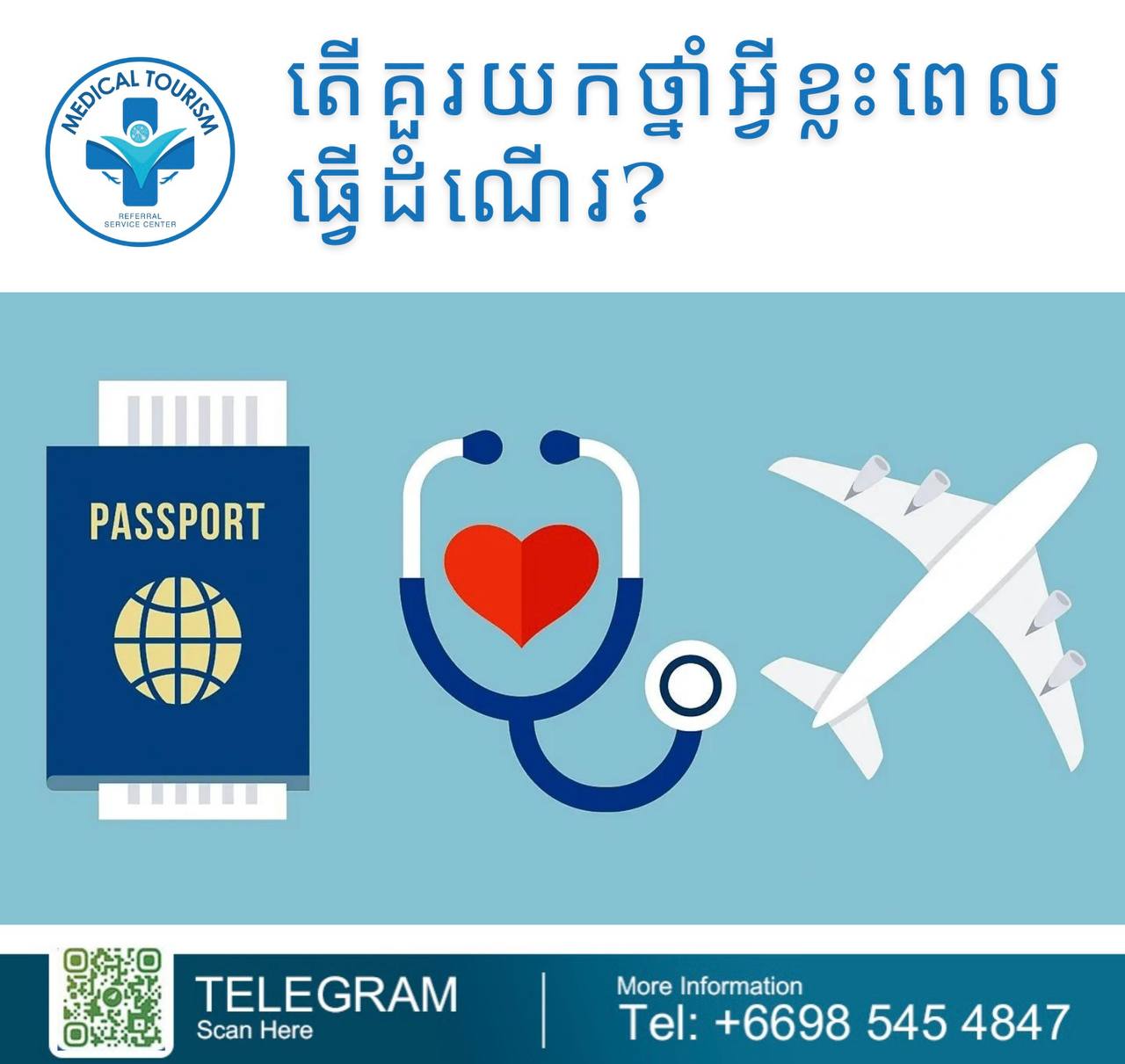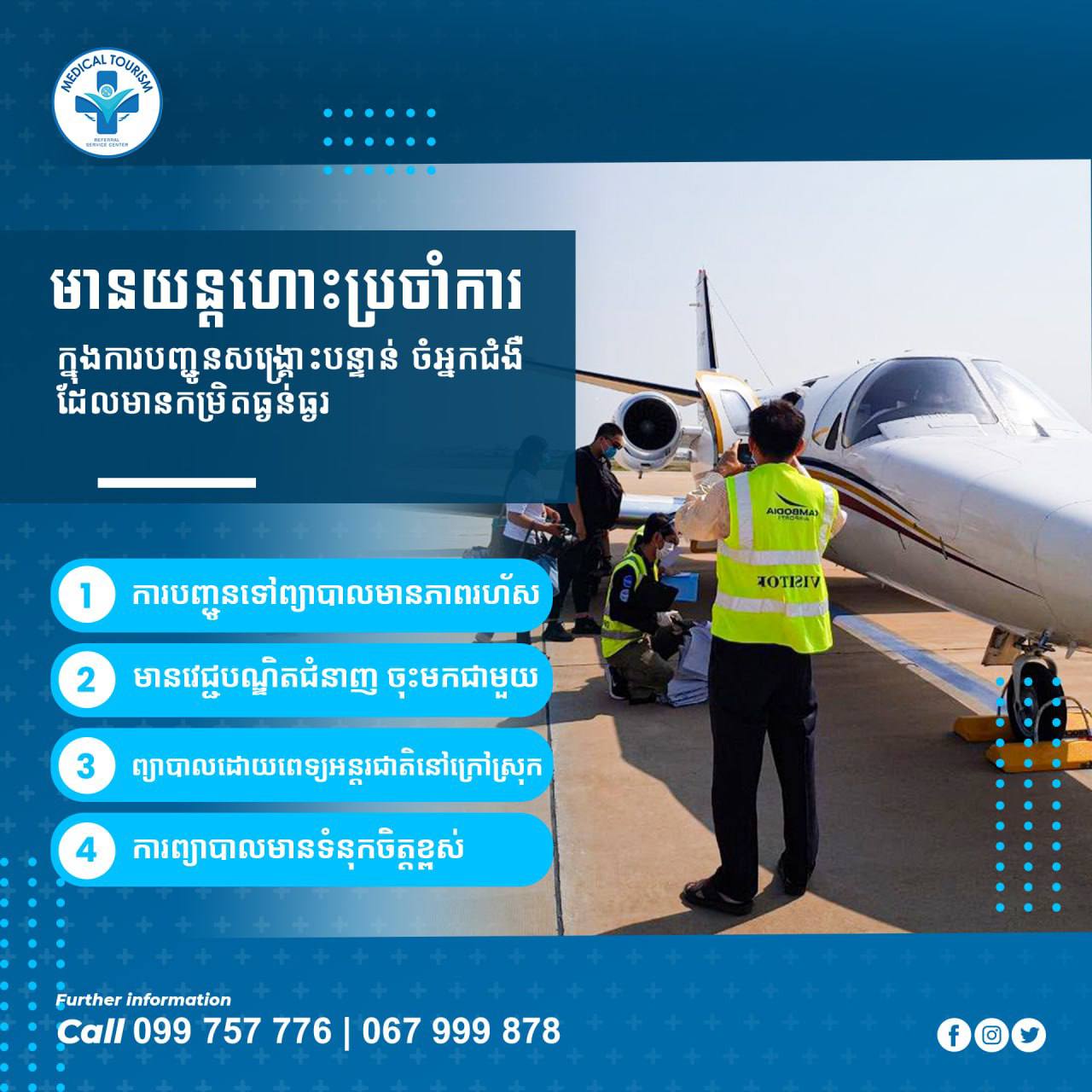Diseases September 24th, 2024
What medications should be taken when traveling?

When traveling, it’s important to be prepared for various health situations. Here are some essential medications and tips to consider:
Prescription Medications
1 Regular Medications: Bring enough of your daily medications to last the entire trip, plus a little extra in case of delays.
2 Documentation: Keep medications in their original, labeled containers and carry a copy of your prescriptions. A letter from your doctor explaining your condition and the necessity of your medications can be helpful, especially for controlled substances.
Over-the-Counter Medications
1 Pain Relievers: Ibuprofen or acetaminophen for headaches, muscle pain, or fever.
2 Antihistamines: For allergies or motion sickness (e.g., Claritin, Zyrtec, or Benadryl).
3 Antacids: For heartburn or indigestion (e.g., TUMS or Pepcid).
4 Anti-diarrheal: Imodium or Pepto-Bismol for traveler’s diarrhea.
5 Cough Drops: For sore throats or coughs (e.g., Ricola or Halls).
6 Decongestants: For nasal congestion (e.g., Sudafed).
Travel-Specific Medications
1 Motion Sickness: Dramamine or Bonine.
2 Altitude Sickness: If traveling to high altitudes, consult your doctor for appropriate medication.
3 Malaria Prophylaxis: If traveling to malaria-prone areas, take prescribed antimalarial medications.
General Tips
• Carry-On: Always keep your medications in your carry-on bag to avoid losing them if your checked luggage is delayed or lost.
• Temperature Control: Some medications need to be kept at specific temperatures. Use insulated bags with freezer packs if necessary.
• Check Regulations: Ensure your medications are legal in the country you are visiting. Some countries have strict regulations on certain drugs.
By being well-prepared, you can ensure a smoother and healthier travel experience. Do you have any specific destinations or health concerns in mind for your upcoming travels?



